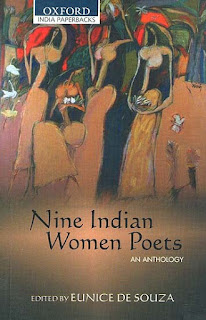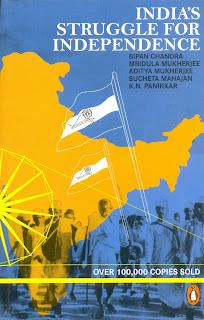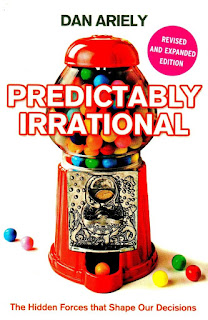There is a common joke shared in the place where I come from. A husband once calls his wife and says, ‘The special dish you cooked for me two days ago was so nice. Can you prepare the same for me today too?’ The wife, angry with him for some reason, retorts, ‘Why make new? There are some leftovers from the same dish. Want to taste?’
This book of Robin Sharma tastes like those leftovers – stale and revolting. While revolting is a strong word to use against a book which contains appreciable wisdom, the verbose style of the book leaves a lot to be desired when it comes to inspiring the reader. If you have already read Robin Sharma, you can safely skip reading this book, for this book carries nothing new and everything that Robin Sharma has repeated in all his previous works.
Having read almost a dozen books of Robin Sharma already, I picked up this book hoping to learn something new. But this book is nothing but old wine in new bottle, with a new label. As always, there is a person whose life is in doldrums, appearance of a magical mentor, his imparting leadership lessons which he himself gathered from some saintly beings and the ‘happily ever after’ finish. Not just the style. The words and ideas also repeat themselves to a monotonous extent. Robin Sharma, as is his wont, wants you to wake up early, to spend an hour planning for the day ahead, to treat your customers to a ‘wow’ experience, to build up people instead of putting them down, to go to the grave with a contented mind and so on. Add to that a sprinkling of quotes from the great people in history. Not inspiration but a sense of déjà vu was what pervaded my mind throughout the reading of this book.
Also, this book could have been trimmed down to a total of hundred pages, in the styles of a Brian Tracy or Spencer Johnson. There are good lessons here and there but they are all drowned in the heap of ‘positive’ words that flood these pages. In fact, I feel that all the ideas that Robin Sharma has ever shared in his books could all be summarized into a page or two.
I picked up hoping that the book will be great and truly inspiring in the lines of ‘The Monk Who Sold His Ferrari’ or ‘The Greatness Guide’. But I simply couldn’t wait to finish and keep the book away. Such a boring sermon! Either I have grown out of reading Robin Sharma or Robin Sharma has not grown out of ‘The Monk Who Sold His Ferrari’!
This book of Robin Sharma tastes like those leftovers – stale and revolting. While revolting is a strong word to use against a book which contains appreciable wisdom, the verbose style of the book leaves a lot to be desired when it comes to inspiring the reader. If you have already read Robin Sharma, you can safely skip reading this book, for this book carries nothing new and everything that Robin Sharma has repeated in all his previous works.
Having read almost a dozen books of Robin Sharma already, I picked up this book hoping to learn something new. But this book is nothing but old wine in new bottle, with a new label. As always, there is a person whose life is in doldrums, appearance of a magical mentor, his imparting leadership lessons which he himself gathered from some saintly beings and the ‘happily ever after’ finish. Not just the style. The words and ideas also repeat themselves to a monotonous extent. Robin Sharma, as is his wont, wants you to wake up early, to spend an hour planning for the day ahead, to treat your customers to a ‘wow’ experience, to build up people instead of putting them down, to go to the grave with a contented mind and so on. Add to that a sprinkling of quotes from the great people in history. Not inspiration but a sense of déjà vu was what pervaded my mind throughout the reading of this book.
Also, this book could have been trimmed down to a total of hundred pages, in the styles of a Brian Tracy or Spencer Johnson. There are good lessons here and there but they are all drowned in the heap of ‘positive’ words that flood these pages. In fact, I feel that all the ideas that Robin Sharma has ever shared in his books could all be summarized into a page or two.
I picked up hoping that the book will be great and truly inspiring in the lines of ‘The Monk Who Sold His Ferrari’ or ‘The Greatness Guide’. But I simply couldn’t wait to finish and keep the book away. Such a boring sermon! Either I have grown out of reading Robin Sharma or Robin Sharma has not grown out of ‘The Monk Who Sold His Ferrari’!




























